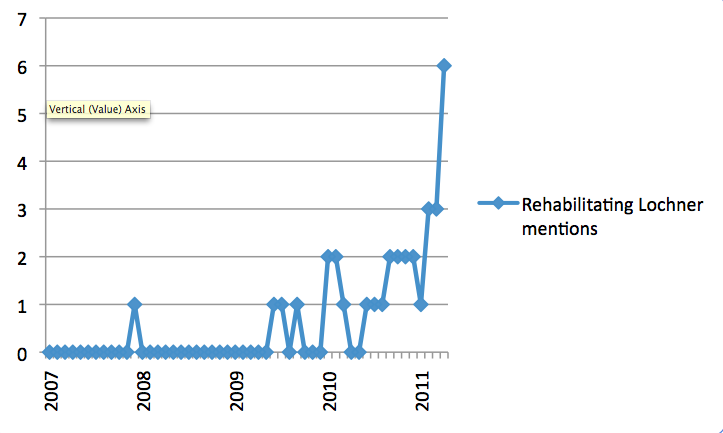The Importance of Story in Sunnyside
In a narrative bursting with stories, fictions, verbal sleight-of-hand, deliberate lies and other debateable information, Glen David Gold’s Sunnyside has a very strained relationship with its own truth and reality. There are so many examples, large moments and set plays which explore this – and which I will investigate later – but to me the crux of Sunnyside is expressed in a small running gag: that of Chaplin himself entering a Chaplin lookalike competition, and only coming in fourth.
It’s a familiar joke –an urban legend that has also been attributed to Elvis Presley, amongst others – and one that perfectly encapsulates the problem that so many of the characters in the novel face: they don’t really know who they are; and more importantly, they don’t know how they portray themselves to others. They are stitched together from uncertain memories, false information and a diet of lies: whether that be from parents, the government or from the cinema. All they have are their stories and, just as in the result of Chaplin’s lookalike contest, nothing is to be taken for granted.
Gold unnerves us with this lack of certainty as early as the preliminary pages of the book. The quotation that greets us – I was loved, Mary Pickford – is immediately subverted by her being cast in the starring line-up as “an enemy”. These are clues that point to the myriad delusions that befall America, including the umpteen sightings of Chaplin on the same day, seemingly a whole nation experiencing something impossible, and yet still believing it. As Gold himself puts it: “Such is the nature of the inexplicable that, as long as it does not involve money, it can be ignored.” [click to continue…]


